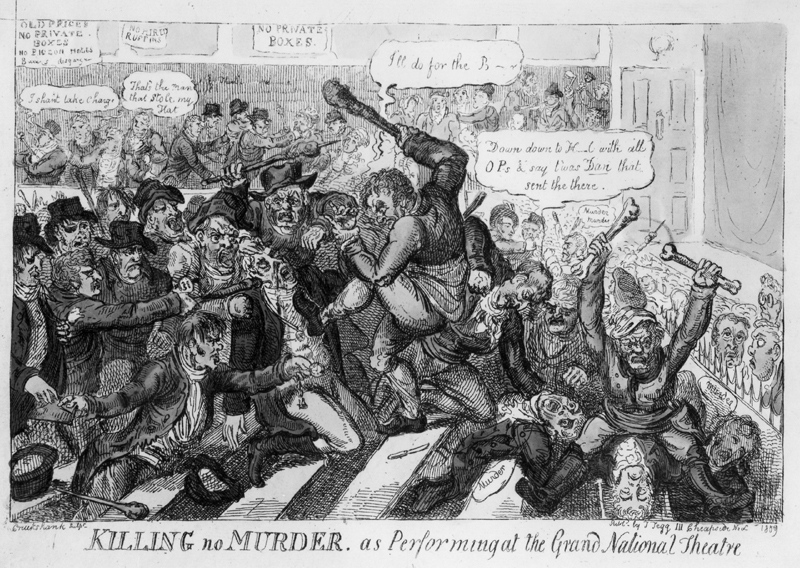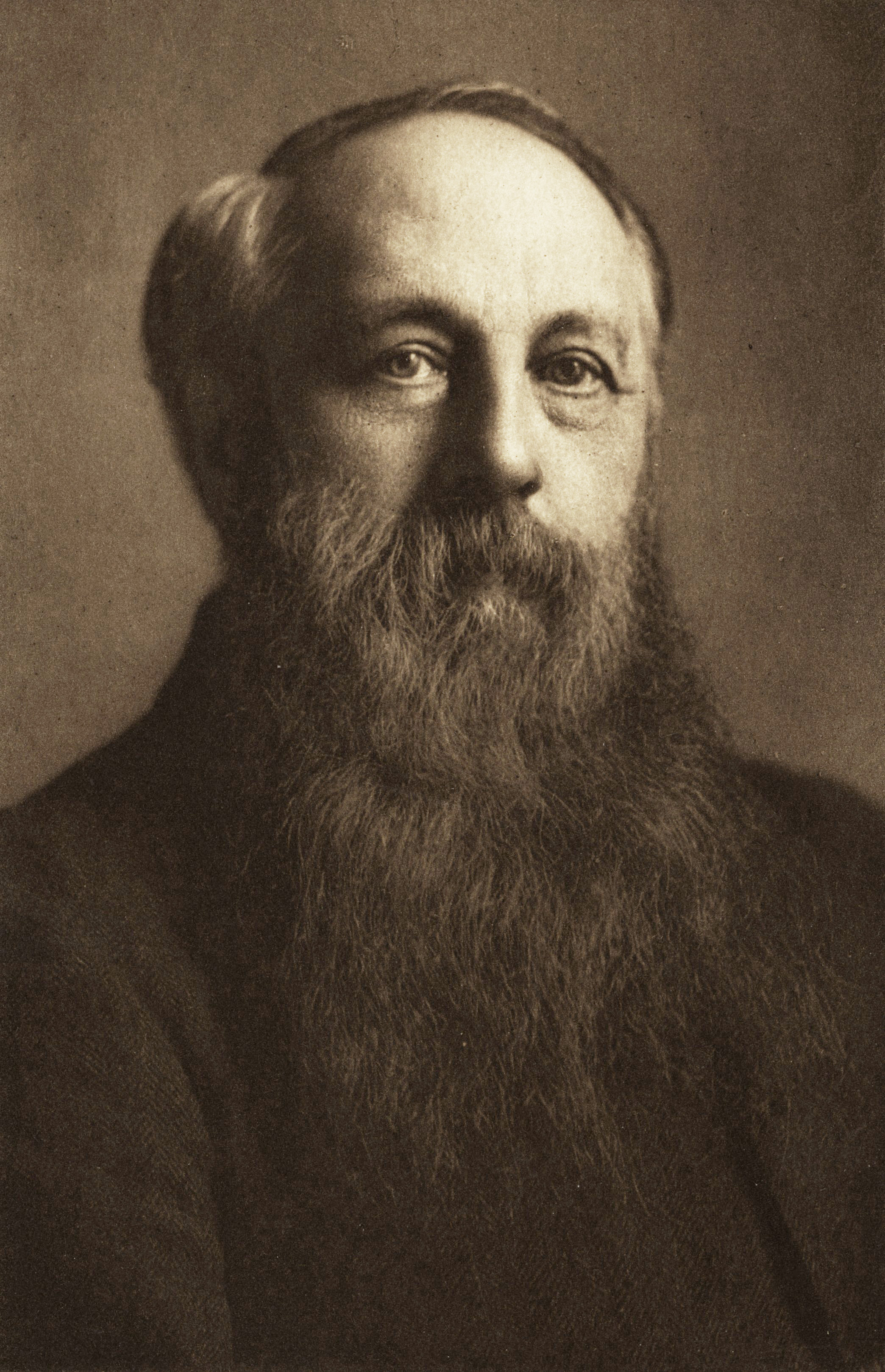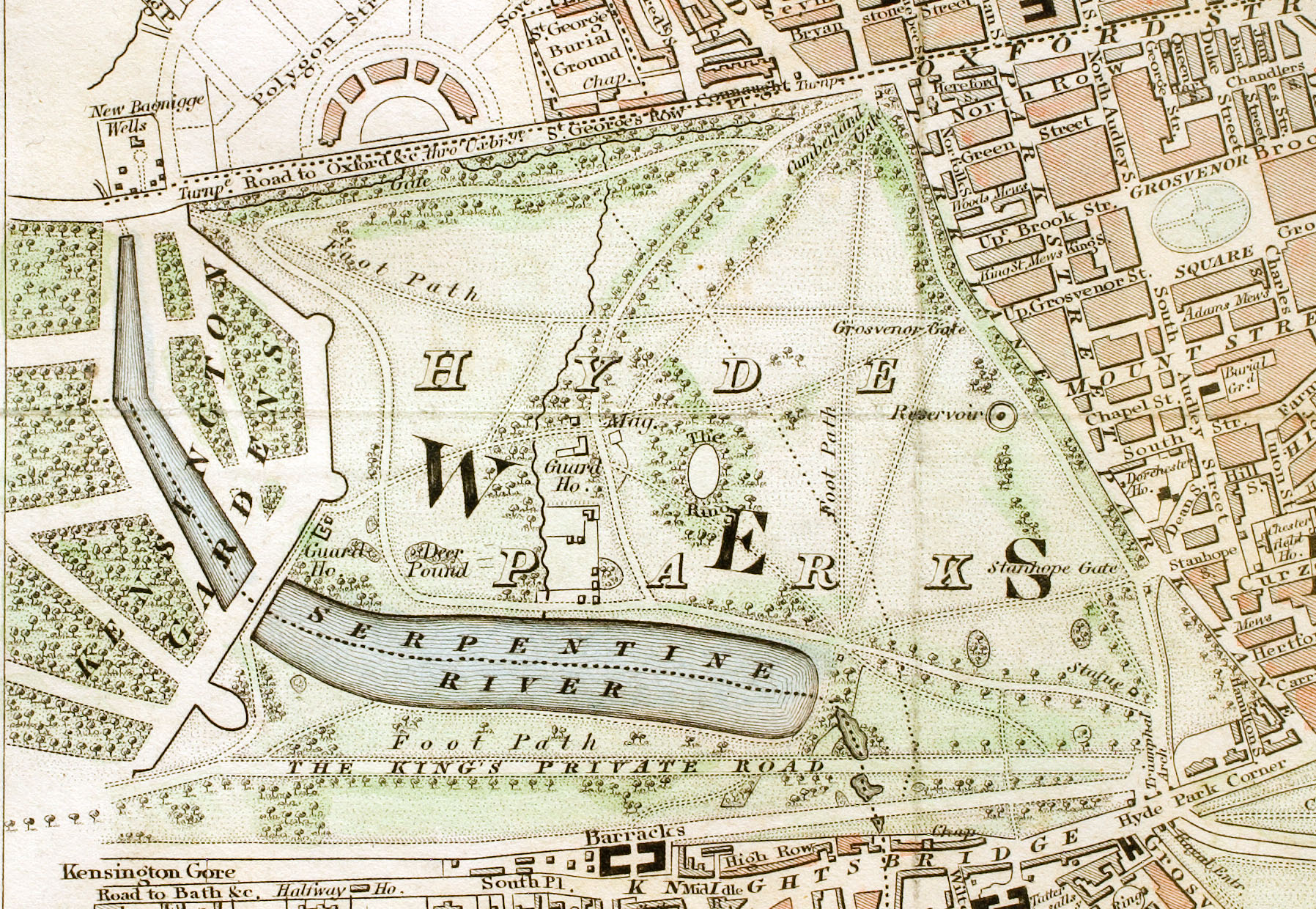|
List Of Riots In London
The following is a list of riots and protests involving violent disorder that have occurred in London: *1189: The Massacre of the Jews at the coronation of Richard I *1196: William with the long beard causes riots when he preaches for the poor against the rich *1221: Riots occur after London defeats Westminster in an annual wrestling contest; ring-leaders hanged or mutilated in punishment. *1268: Rioting between goldsmiths and tailors *1340: Fishmongers riot with Skinners after a Skinner murders a Fishmonger's servant, Ralph Turk. *1391: Riots break out in Salisbury Place over a baker's loaf *1517: Evil May Day riot against foreigners takes place *1668: Bawdy House Riots took place following repression of a series of attacks against brothels *1710: Sacheverell riots, following the trial of the preacher, Henry Sacheverell *1719: Spitalfields weavers rioted, attacking women wearing Indian clothing and then attempting to rescue their arrested comrades *1743: Riots against Gin T ... [...More Info...] [...Related Items...] OR: [Wikipedia] [Google] [Baidu] |
John Wilkes
John Wilkes (17 October 1725 – 26 December 1797) was an English radical journalist and politician, as well as a magistrate, essayist and soldier. He was first elected a Member of Parliament in 1757. In the Middlesex election dispute, he fought for the right of his voters—rather than the House of Commons—to determine their representatives. In 1768, angry protests of his supporters were suppressed in the Massacre of St George's Fields. In 1771, he was instrumental in obliging the government to concede the right of printers to publish verbatim accounts of parliamentary debates. In 1776, he introduced the first bill for parliamentary reform in the British Parliament. During the American War of Independence, he was a supporter of the American rebels, adding further to his popularity with American Whigs. In 1780, however, he commanded militia forces which helped put down the Gordon Riots, damaging his popularity with many radicals. This marked a turning point, leadi ... [...More Info...] [...Related Items...] OR: [Wikipedia] [Google] [Baidu] |
Bloody Sunday (1887)
Bloody Sunday took place in London on 13 November 1887, when marchers protesting about unemployment and coercion in Ireland, as well as demanding the release of MP William O'Brien, clashed with the Metropolitan Police and the British Army. The demonstration was organised by the Social Democratic Federation and the Irish National League. Violent clashes took place between the police and demonstrators, many "armed with iron bars, knives, pokers and gas pipes". A contemporary report noted that 400 were arrested and 75 persons were badly injured, including many police, two policemen being stabbed and one protester bayonetted. '''', 15 November 1887, at [...More Info...] [...Related Items...] OR: [Wikipedia] [Google] [Baidu] |
Fair Trade League
The Fair Trade League was a British pressure group formed in August 1881 to campaign for protectionism. Lord Dunraven was President of the League. The Liberal Prime Minister William Ewart Gladstone in response to the forming of the League delivered a root and branch defence of free trade in a speech in Leeds in October. Thomas Farrer, the permanent secretary of the Board of Trade, wrote ''Free Trade versus Fair Trade'' specifically to argue against the League's proposals. Lord Randolph Churchill adopted Fair Trade in a speech on 24 January 1884 at Blackpool: Your iron industry is dead; dead as mutton. Your coal industries, which depend greatly upon the iron industries, are languishing. Your silk industry is dead, assassinated by the foreigner. Your woollen industry is ''in articulo mortis'', gasping, struggling. Your cotton industry is seriously sick. The shipbuilding industry, which held out longest of all, is come to a standstill. Turn your eyes where you like, survey any br ... [...More Info...] [...Related Items...] OR: [Wikipedia] [Google] [Baidu] |
Social Democratic Federation
The Social Democratic Federation (SDF) was established as Britain's first organised socialist political party by H. M. Hyndman, and had its first meeting on 7 June 1881. Those joining the SDF included William Morris, George Lansbury, James Connolly and Eleanor Marx. However, Friedrich Engels, Karl Marx's long-term collaborator, refused to support Hyndman's venture. Many of its early leading members had previously been active in the Manhood Suffrage League. The SDF battled through defections of its right and left wings to other organisations in the first decade of the twentieth century before uniting with other radical groups in the Marxist British Socialist Party from 1911 until 1920. Organizational history Origins and early years The British Marxist movement effectively began in 1880 when a businessman named Henry M. Hyndman read Karl Marx's '' Communist Manifesto'' in French translation while crossing to America. Upon his return to London, Hyndman sought out Ma ... [...More Info...] [...Related Items...] OR: [Wikipedia] [Google] [Baidu] |
West End Riots
The West End Riots were disorders in the West End of London on 8 February 1886 following a counter-demonstration by the Social Democratic Federation in Trafalgar Square against a meeting of the Fair Trade League. They were also known as the Trafalgar Square Riots or Pall Mall Riots. Windows were smashed at the Carlton Club and the offices of the Pall Mall Gazette soon after the counter-demonstration broke up, with its participants (estimated in some newspapers around 100,000) then marching along Piccadilly, Regent Street and Oxford Street, also damaging the Devonshire Club and several shops before forming up for a further meeting in Hyde Park. It also made an attempt on the War Office, but were dissuaded by its sentry charging his bayonet. Feelings were further enflamed when Metropolitan Police officers pushed through the crowd to remove John Burns from the pedestal of Nelson's Column, from which he was trying to make a speech. Questions were asked in the House of Lords ... [...More Info...] [...Related Items...] OR: [Wikipedia] [Google] [Baidu] |
Hyde Park, London
Hyde Park is a Grade I-listed major park in Westminster, Greater London, the largest of the four Royal Parks that form a chain from the entrance to Kensington Palace through Kensington Gardens and Hyde Park, via Hyde Park Corner and Green Park past the main entrance to Buckingham Palace. The park is divided by the Serpentine and the Long Water lakes. The park was established by Henry VIII in 1536 when he took the land from Westminster Abbey and used it as a hunting ground. It opened to the public in 1637 and quickly became popular, particularly for May Day parades. Major improvements occurred in the early 18th century under the direction of Queen Caroline. Several duels took place in Hyde Park during this time, often involving members of the nobility. The Great Exhibition of 1851 was held in the park, for which The Crystal Palace, designed by Joseph Paxton, was erected. Free speech and demonstrations have been a key feature of Hyde Park since the 19th century. ... [...More Info...] [...Related Items...] OR: [Wikipedia] [Google] [Baidu] |
Reform League
The Reform League was established in 1865 to press for manhood suffrage and the ballot in Great Britain. It collaborated with the more moderate and middle class Reform Union and gave strong support to the abortive Reform Bill 1866 and the successful Reform Act 1867. It developed into a formidable force of agitation at the very heart of the country. Origins During the autumn and winter of 1864–65 members of the Universal League for the Material Elevation of the Industrious Classes planned to form a new organisation which would concentrate solely on manhood suffrage. As a result, the Reform League was established on 23 February 1865 and the Universal League for the Material Elevation of the Industrious Classes became defunct. The leadership of the League, which was to remain consistent throughout its life, drew heavily on personalities from the International Working Men's Association, including George Howell, George Odger, William Cremer and Benjamin Lucraft. The father of the ... [...More Info...] [...Related Items...] OR: [Wikipedia] [Google] [Baidu] |
Duke Of Wellington
Arthur Wellesley, 1st Duke of Wellington, (1 May 1769 – 14 September 1852) was an Anglo-Irish soldier and Tory statesman who was one of the leading military and political figures of 19th-century Britain, serving twice as prime minister of the United Kingdom. He is among the commanders who won and ended the Napoleonic Wars when the coalition defeated Napoleon at the Battle of Waterloo in 1815. Wellesley was born in Dublin into the Protestant Ascendancy in Ireland. He was commissioned as an ensign in the British Army in 1787, serving in Ireland as aide-de-camp to two successive lords lieutenant of Ireland. He was also elected as a member of Parliament in the Irish House of Commons. He was a colonel by 1796 and saw action in the Netherlands and in India, where he fought in the Fourth Anglo-Mysore War at the Battle of Seringapatam. He was appointed governor of Seringapatam and Mysore in 1799 and, as a newly appointed major-general, won a decisive victory over the Ma ... [...More Info...] [...Related Items...] OR: [Wikipedia] [Google] [Baidu] |
Spenceans
Thomas Spence ( 17508 September 1814) was an English RadicalProperty in Land Every One's Rightin 1775. It was re-issued as ''The Real Rights of Man'' in later editions. It was also reissued by, amongst others, Henry Hyndman under the title oThe Nationalization of the Land in 1795 and 1882 Spence explored his political and social concepts in a series of books about the fictional Utopian state of Spensonia. "Rights of man" Spence may have been the first Englishman to speak of 'the rights of man'. The following recollection, composed in the third person, was written by Spence while he was in prison in London in 1794 on a charge of high treason. Spence was, he wrote, :the first, who as far as he knows, made use of the phrase "RIGHTS OF MAN", which was on the following remarkable occasion: A man who had been a farmer, and also a miner, and who had been ill-used by his landlords, dug a cave for himself by the seaside, at Marsdon Rocks, between Shields and Sunderland, about the yea ... [...More Info...] [...Related Items...] OR: [Wikipedia] [Google] [Baidu] |
Spa Fields Riots
The Spa Fields riots were incidents of public disorder arising out of the second of two mass meetings at Spa Fields, Islington, England on 15 November and 2 December 1816. The meetings had been planned by a small group of revolutionary Spenceans, who invited the popular radical speaker Henry Hunt to address the crowd. They hoped that the meetings would be followed by rioting, during which they would seize control of the government by taking the Tower of London and the Bank of England. The first meeting ended peacefully, with Hunt being elected to deliver a petition to the Prince Regent, requesting electoral reform and relief from hardship and distress. At the second meeting some of the Spenceans harangued the crowd before Hunt arrived and led away a section of it. The rioters raided a gunsmith's shop and exchanged gunfire with troops at the Royal Exchange. Other incidents took place at Snow Hill and Minories, but after soldiers refused to hand over the Tower of London the rio ... [...More Info...] [...Related Items...] OR: [Wikipedia] [Google] [Baidu] |





_b_180_1.jpg)


